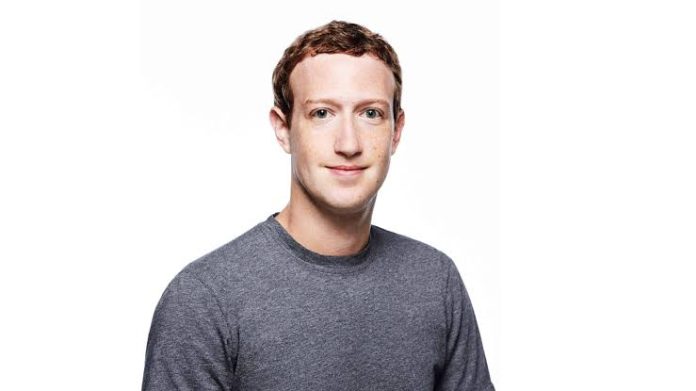Renowned tech guru, Roberta Edu, has expressed strong criticism of Meta CEO Mark Zuckerberg’s recent public acknowledgment of unfair practices on the platform. In a statement analyzing Zuckerberg’s post, Edu highlighted the deep impact of Meta’s actions on users and businesses, particularly small enterprises owned by Nigerian women, while calling for restitution rather than mere apologies.
Zuckerberg recently admitted to flaws in Meta’s group of apps, acknowledging the harm caused by the platform’s security bots, which have been accused of arbitrarily restricting or disabling users’ accounts. While he pledged to implement changes, Edu argued that this was insufficient, stating, “You can’t treat people badly and wake up to say sorry without any compensation or restitution to fix what was broken.”
Edu shared heart-wrenching examples of individuals who have been significantly affected by Meta’s policies. She recounted the ordeal of a wedding fashion designer who built an Instagram following of over 800,000 and amassed over 20 million views on a viral wedding video, only to have her account taken down without warning. The loss forced her to start over, battling depression in the process.
Another example cited was a children’s fashion designer known as “Ankara Kids Africa,” whose Instagram page, with over 200,000 followers, was disabled. Edu described how this account had become a lifeline for affordable, colorful African children’s wear. “One day, I woke up to order kids’ clothes, and the entire page was gone. To this day, I am unable to find her, and I’ve had to turn back to other brands,” Edu lamented.
The ripple effects of these account shutdowns, Edu argued, extend beyond individuals to businesses and customers. She further pointed out that countless businesses, particularly those owned by Nigerian women, have invested heavily to grow their pages, only to have them wiped out without explanation or recourse.
Edu did not mince words in addressing Zuckerberg directly:
“Mark Zuckerberg, an apology is not enough. Businesses spent millions to grow their pages. If you’ve recognized your wrongs, undo all the wrongs you’ve done to businesses. Let people get their sweat back. That is the only way your apology will make sense.”
Edu suggested that Zuckerberg’s sudden acknowledgment might be motivated by fear, referencing Meta’s controversial role in the 2020 U.S. elections and concerns about potential repercussions under a returning Trump administration.
Her statement has sparked a wider conversation about accountability and the responsibility of social media giants to address the unintended consequences of their policies on users, particularly in underserved regions like Nigeria. The call for restitution underscores the need for a more transparent and equitable approach to content moderation and account management in the digital space.




